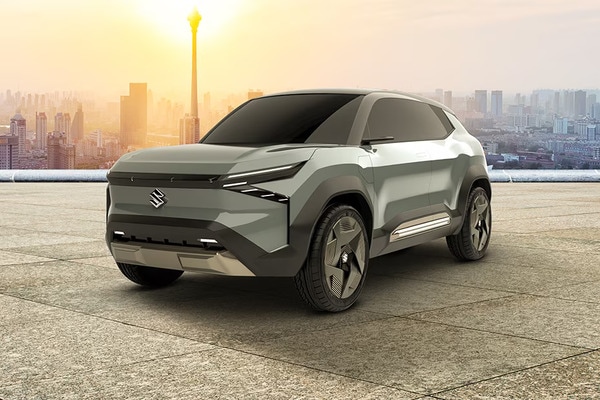Maruti Suzuki reports record exports in Q2 but production remains big worry


Maruti Suzuki on Wednesday reported its exports in Q2 of this year - July to September - had hit an all-time record high of 320,133 units despite very real challenges pertaining to shortage in electronic components which affected production. So while exports touched a record high, an estimated 1.16 lakh vehicles could not be produced due to the said shortage.
Maruti Suzuki, country's largest car maker, stated that it had registered net sales of ₹192,978 million in Q2 FY 2021-22, vis-a-vis ₹176,893 million in the same period of 2020-21. Rising prices of commodities like steel, aluminum and precious metal have also been cited as major challenges that have led to rise in model prices. Maruti, however, states that while it absorbed input cost increases, car price increase for customers was eventually felt absolutely necessary. Nonetheless, the company's net profit in Q2 came down from ₹4,753 million in the Q2 FY 2021-22 from ₹13,716 million in Q2 FY 2020-21.
Also check these Vehicles
Demand may be near robust, however, with Maruti underlining it had 200,000 pending customer orders at the end of Q2 and that it is working to expedite deliveries. With the launch of the next-generation Celerio lined up for November, the demand is likely to remain intact even if production cycles possibly continue with its set of challenges.
The semiconductor shortage and shortage in other crucial components has affected car makers across the globe. In India, while Maruti Suzuki has been facing mammoth challenges and has had to suspend production cycles from time to time, the pain is real for many others as well. “The Covid situation (in India) wasn't too bad in the second quarter but the rising component prices and shortage in component have been unprecedented, something we didn't see coming at start of year," said RC Bhargava, Chairman at MSIL.
Globally, the unprecedented situation is widely seen as one that is far from finding a resolution. Some of the biggest automobile brands have come on record to say the problem is likely to persist till 2023.








 998 cc
998 cc Petrol
Petrol


 60 kWh
60 kWh 550 Km
550 Km












